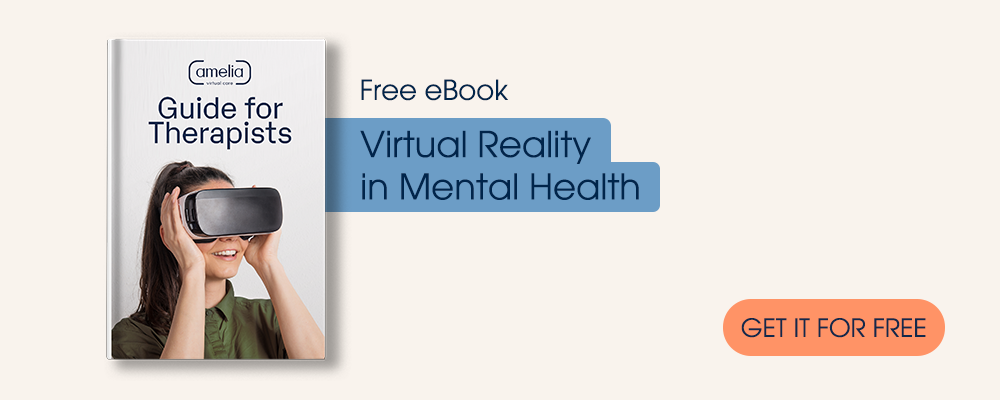Attention Deficit Hyperactivity Disorder (ADHD) is a chronic condition that involves hyperactivity, impulsiveness, and the inability to focus or hold attention for very long. As a result, people with ADHD often have trouble following instructions and completing complex tasks. ADHD is more commonly diagnosed in childhood, but many adults are diagnosed later in life. Living with ADHD often causes frustration and stress over a prolonged period.
There are many therapies available to treat ADHD, and music therapy has been found effective in increasing the ability to concentrate and promote relaxation. Music is often a distraction, but it seems that some people with ADHD may benefit from listening to certain sounds and music.
What music works best for those with ADHD?
When it comes to improving ADHD symptoms such as poor concentration, calm music with easy-to-follow rhythms can help. Since ADHD can involve difficulty tracking timing and duration, listening to music is beneficial because it relies on structure and timing, and rhythm.
Classical music by composers such as Mozart, Bach, and Vivaldi are just some examples of music with a structured rhythm that has worked well with people that have trouble focusing.
Some symptoms of ADHD may be linked to low dopamine- a neurotransmitter that plays a role in how we feel pleasure. It’s been found that listening to music that you enjoy can increase dopamine.
What they shouldn’t listen to
While listening to some types of music can help manage symptoms of ADHD, certain types of music can have the opposite effect.
Music that has no precise rhythm or is very fast-paced can be detrimental if you’re trying to improve concentration or focus while working or doing schoolwork. In addition, songs with lyrics can be distracting, as well as listening to a radio station or streaming service with a lot of commercial interruptions.
White noise may also help
White noise combines sounds of all different frequencies and is often used to mask other sounds. Examples of white noise include the hum from air conditioners, fans whirring, static from television or radio, and the hissing noise that radiators make.
According to a study in 2007, children with ADHD performed better on verbal and memorization tasks while listening to white noise, while those without ADHD did not perform as well.
A more recent study published in 2016 concluded that white noise improves cognition in children with ADHD. Still, since the severity of ADHD spans a broad spectrum, the researchers stated that the findings do not apply to all cases of ADHD.
While most research on ADHD and white noise has focused on younger children, the results also apply to older kids and adults with ADHD. Listening to white noise could be beneficial to those who have trouble focusing on schoolwork or employment tasks.
Music therapy for children with ADHD
People with ADHD are typically full of energy, both physically and mentally. Their thoughts move at record speed, making it hard to slow down and concentrate on one thing at a time or focus for very long on one task. A study done in 2020 showed that music seemed to improve focus and attentiveness in children diagnosed with ADHD.
Music therapy has been effective for people with ADHD because they crave the type of structure that music provides. Songs used in music therapy are predictable; they have clear beginnings, middles, and ends. The rhythms and beats have specific structures as well, and can help people to organize their thoughts better and improve their ability to focus.
Amelia Virtual Care VR environments support professionals in their care for all kinds of disorders such as ADHD. The VR areas are totally immersive and have the option for repetition of scenes. They also allow the treating professional to control the parameters of the VR experience. If you’re interested in learning more about VR and how it could benefit your practice, contact us for a free demo.













